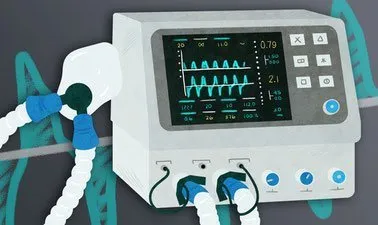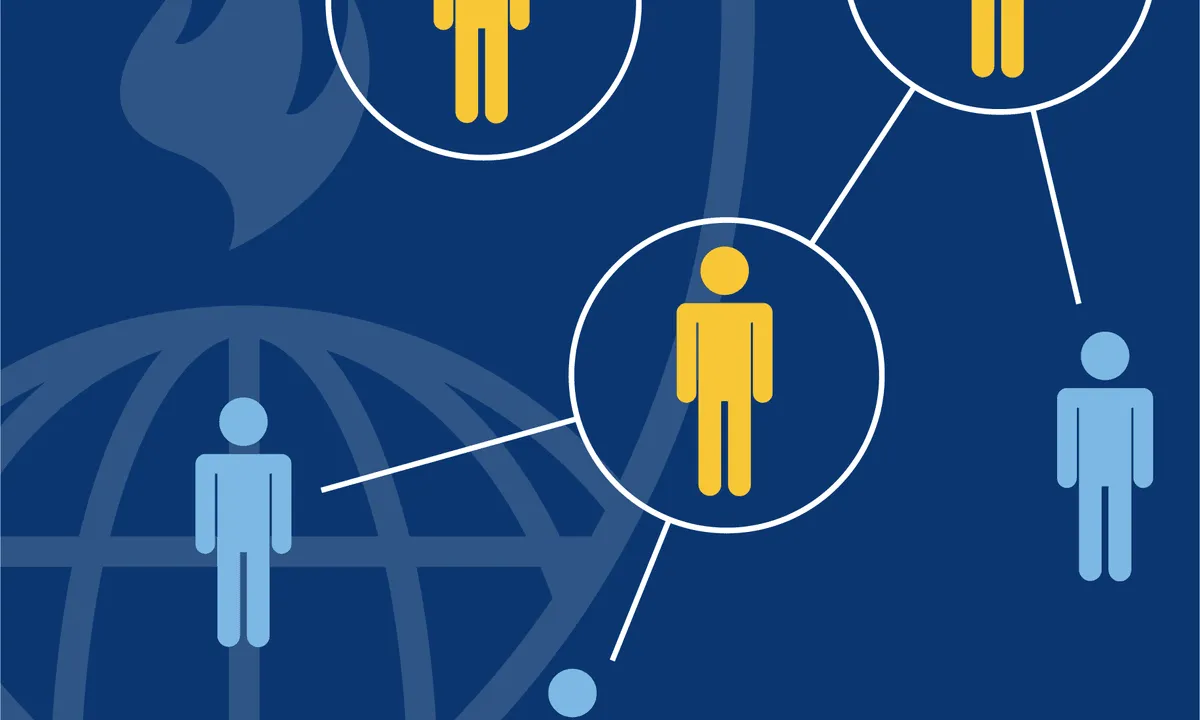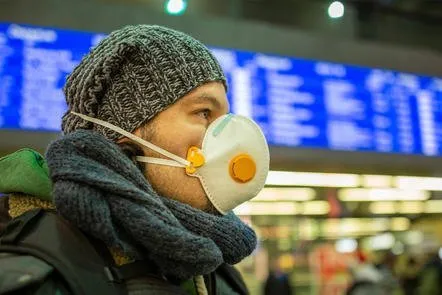
Mechanical Ventilation for COVID-19 
This course provides an introduction to mechanical ventilation for licensed medical professionals. It covers the basics of mechanical ventilation, including patient needs, clinical care settings, and the use of ventilators. It is intended to help prepare non-ICU hospital personnel to support critical care respiratory therapists, physicians, and nurses in caring for patients with COVID-19. The course is accredited by the Accreditation Council for Continuing Medical Education and is worth 2.25 AMA PRA Category 1 Credits™. ▼
ADVERTISEMENT
Course Feature
![]() Cost:
Cost:
Free
![]() Provider:
Provider:
Edx
![]() Certificate:
Certificate:
No Information
![]() Language:
Language:
English
![]() Start Date:
Start Date:
5th Oct, 2022
Course Overview
❗The content presented here is sourced directly from Edx platform. For comprehensive course details, including enrollment information, simply click on the 'Go to class' link on our website.
Updated in [May 25th, 2023]
This course, Mechanical Ventilation for COVID-19, is designed to help licensed non-ICU hospital clinicians support critical care respiratory therapists, physicians, and nurses in caring for a patient who is receiving mechanical ventilation. The course will provide an overview of the basic concepts of mechanical ventilation and care for the patient receiving mechanical ventilation. It is accredited by the Accreditation Council for Continuing Medical Education (ACCME) and is designated for a maximum of 2.25 AMA PRA Category 1 Credits™. This course is intended for licensed medical professionals and is not intended as medical, diagnostic or treatment advice. It is a great primer for non-ICU physicians and other clinicians who are asked to staff critical care areas.
[Applications]
Non-ICU clinicians who have completed this course are encouraged to apply their knowledge and skills to assist in the operation of mechanical ventilators. This course provides a great primer for understanding the basic concepts of mechanical ventilation and care for the patient receiving mechanical ventilation. Clinicians should use the information provided in this course to help support critical care respiratory therapists, physicians, and nurses in caring for a patient who is receiving mechanical ventilation.
[Career Paths]
Recommended Career Paths:
1. Respiratory Therapist: Respiratory therapists are healthcare professionals who specialize in the diagnosis, treatment, and management of patients with breathing and other cardiopulmonary disorders. They are responsible for providing care to patients with acute and chronic respiratory diseases, such as asthma, COPD, and COVID-19. With the increasing number of patients contracting COVID-19, the demand for respiratory therapists is expected to grow significantly.
2. Critical Care Physician: Critical care physicians are medical doctors who specialize in the diagnosis and treatment of critically ill patients. They are responsible for providing care to patients with life-threatening conditions, such as COVID-19. With the increasing number of patients contracting COVID-19, the demand for critical care physicians is expected to grow significantly.
3. Critical Care Nurse: Critical care nurses are healthcare professionals who specialize in the care of critically ill patients. They are responsible for providing care to patients with life-threatening conditions, such as COVID-19. With the increasing number of patients contracting COVID-19, the demand for critical care nurses is expected to grow significantly.
4. Clinical Researcher: Clinical researchers are healthcare professionals who specialize in the study of diseases and treatments. They are responsible for conducting research on diseases, such as COVID-19, and developing new treatments and therapies. With the increasing number of patients contracting COVID-19, the demand for clinical researchers is expected to grow significantly.
[Education Paths]
Recommended Degree Paths:
1. Bachelor of Science in Respiratory Therapy: This degree program provides students with the knowledge and skills necessary to become a respiratory therapist. Students will learn about the anatomy and physiology of the respiratory system, as well as the principles of mechanical ventilation and the use of ventilators. This degree is becoming increasingly important as the demand for respiratory therapists increases due to the COVID-19 pandemic.
2. Master of Science in Nursing: This degree program provides students with the knowledge and skills necessary to become a nurse practitioner. Students will learn about the anatomy and physiology of the respiratory system, as well as the principles of mechanical ventilation and the use of ventilators. This degree is becoming increasingly important as the demand for nurse practitioners increases due to the COVID-19 pandemic.
3. Doctor of Medicine: This degree program provides students with the knowledge and skills necessary to become a physician. Students will learn about the anatomy and physiology of the respiratory system, as well as the principles of mechanical ventilation and the use of ventilators. This degree is becoming increasingly important as the demand for physicians increases due to the COVID-19 pandemic.
4. Doctor of Physical Therapy: This degree program provides students with the knowledge and skills necessary to become a physical therapist. Students will learn about the anatomy and physiology of the respiratory system, as well as the principles of mechanical ventilation and the use of ventilators. This degree is becoming increasingly important as the demand for physical therapists increases due to the COVID-19 pandemic.
Course Provider

Provider Edx's Stats at AZClass
Discussion and Reviews
0.0 (Based on 0 reviews)
Explore Similar Online Courses

Astronomy: Eclipses Prediction

Arduino Discovery: programming the UNO board made simple

Python for Informatics: Exploring Information

Social Network Analysis

Introduction to Systematic Review and Meta-Analysis

The Analytics Edge

DCO042 - Python For Informatics

Causal Diagrams: Draw Your Assumptions Before Your Conclusions

Whole genome sequencing of bacterial genomes - tools and applications

COVID-19 Contact Tracing

COVID-19 in Slums & Informal Settlements: Guidelines & Responses


Start your review of Mechanical Ventilation for COVID-19